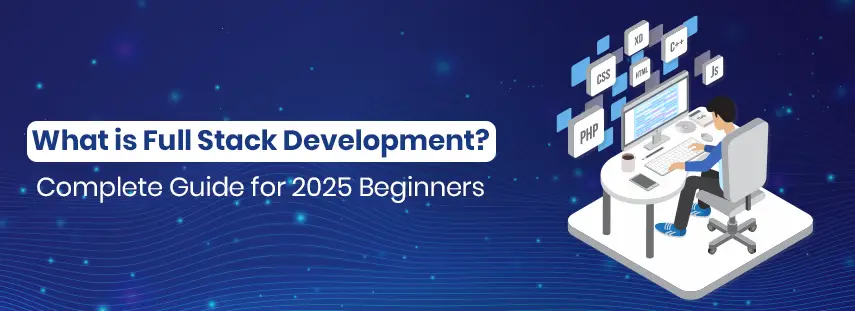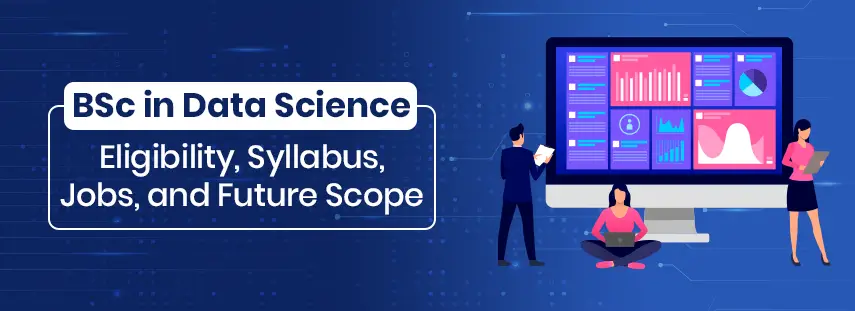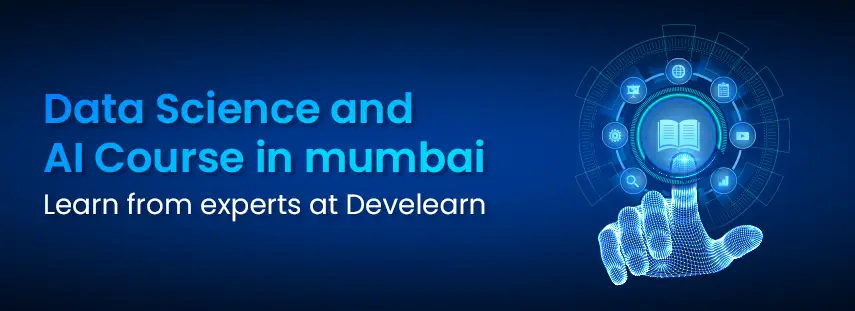Join As Students, Leave As Professionals.
Develearn is the best institute in Mumbai, a perfect place to upgrade your skills and get yourself to the next level. Enroll now, grow with us and get hired.

Will Data Analysts be Replaced by ChatGPT or AI?
Explore the advantages and limitations of artificial intelligence (AI) in data analysis. Discover how the synergy between humans and AI can unlock the full potential of data-driven insights, bridging the gap between technological capabilities and human expertise.
Chatgpt
Data analysts
Data science
Develearn Technologies
3 minutes
May 21, 2021
Loading content...




